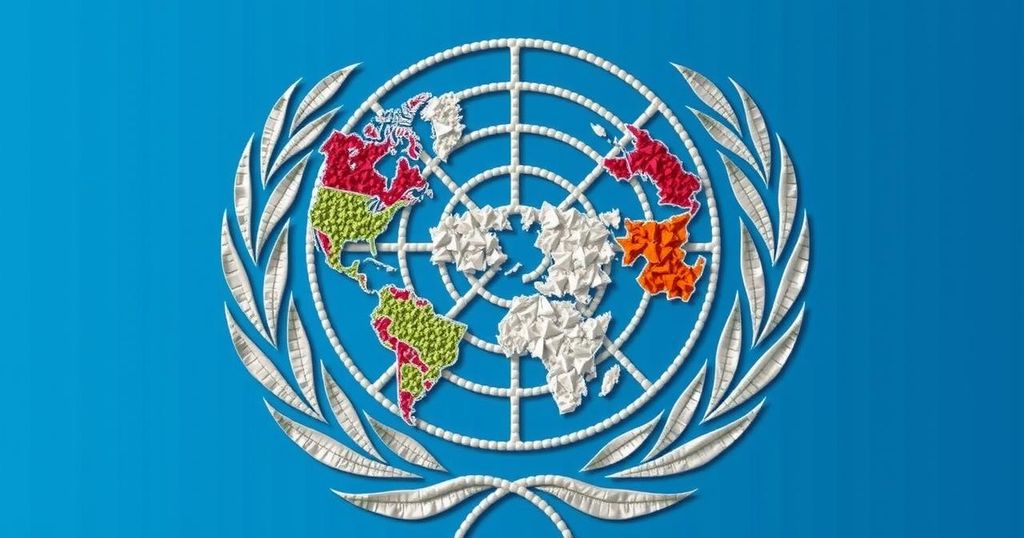Discontent at COP29 Over Vague Climate Finance Draft for Developing Nations

During the COP29 U.N. Climate Summit in Baku, Azerbaijan, nations have overwhelmingly rejected a vague draft deal addressing financial support for developing countries in their climate transition. The draft failed to provide specific financial commitments from wealthy nations, leading to heightened frustration among delegates. As negotiations progress, there is a critical need for clearer definitions of financial pledges to support climate adaptation and energy transition efforts.
At the ongoing COP29 U.N. Climate Summit in Baku, Azerbaijan, participating nations have expressed considerable discontent towards a newly released draft text that is intended to facilitate financial agreements for environmental transitions in developing nations. The draft, which notably lacks specific financial commitments from wealthier countries, has been criticized by multiple delegates, emphasizing the necessity for clarity and accountability in climate finance discussions. Many delegates described this preliminary proposal as vague and unbalanced, culminating in frustration over the absence of financial figures essential for the transition to clean energy and adaptation to climate change impacts.
Countries highlighted the disparity between the financial assistance required by developing nations—estimated at $1.3 trillion—and the considerably lesser amounts that wealthy nations are currently prepared to contribute. The communique circulated by the COP29 leadership indicates recognition of the diverse positions with a commitment to refining the proposals in subsequent iterations. Despite the calls for substantial financial pledges, many believe the proposals fail to meet the immediate needs voiced by vulnerable nations, resulting in a stark disconnect between the articulated goals and actionable commitments within international negotiations.
The summit has witnessed outspoken critiques from several national representatives, including Colombia’s Susana Mohamed, who lamented the lack of a numerical commitment, questioning the viability of conducting negotiations under such circumstances. The general sentiment expressed among negotiators is one of urgency for a tangible financial framework that adequately addresses the challenges faced by developing countries in light of climate change.
The COP29 U.N. Climate Summit serves as a significant international forum where representatives from various nations convene to negotiate climate-related agreements. A focal point of these discussions involves climate finance, particularly how developed nations will support developing countries in transitioning to sustainable energy and addressing climate impacts. In the current negotiations, participants have grappled with defining financial commitments, which are crucial for ensuring equitable climate action and support for the most vulnerable nations facing the brunt of climate change effects. The ongoing contention over financial definitions reflects broader tensions in global climate negotiations regarding accountability and the balance of responsibilities among nations.
In summation, the ongoing COP29 U.N. Climate Summit has highlighted a critical impasse in international climate negotiations, particularly concerning financial commitments from wealthier nations to support developing countries. The dissatisfaction expressed regarding the lack of concrete financial figures in the draft agreement underscores the urgent need for transparent and actionable proposals to facilitate the necessary transition to sustainable energy sources. The forthcoming sessions will need to address these concerns effectively to move towards a productive outcome that aligns with the financial needs articulated by developing nations.
Original Source: apnews.com






